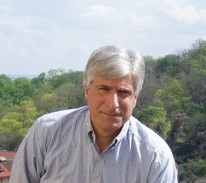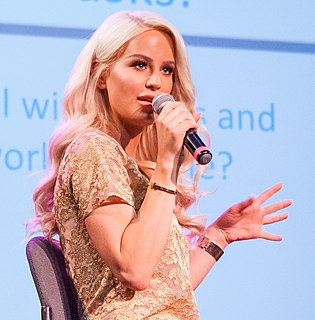A Quote by Khaled Hosseini
There is an energy, a romance in writing the first novel that can never be duplicated again. I was entirely absorbed in that world as I wrote the book [The Kite Runner] and to see the final page of that manuscript whir out of the printer was a very special feeling indeed.
Related Quotes
Today, in 2011, if you go and buy a color laser printer from any major laser printer manufacturer and print a page, that page will end up having slight yellow dots printed on every single page in a pattern which makes the page unique to you and to your printer. This is happening to us today. And nobody seems to be making a fuss about it.
I finished my first novel - it was around 300 pages long - when I was 16. Wrote one more before I got out of high school, then wrote the first Lincoln Perry novel when I was 19. It didn't sell, but I liked the character and I knew the world so I tried what was, in my mind, a sequel. Wrote that when I was 20, and that one made it.
When I was fifteen I wrote seven hundred pages of an incredibly bad novel - it's a very funny book I still like a lot. Then, when I was nineteen I wrote a couple hundred pages of another novel, which wasn't very good either. I was still determined to be a writer. And since I was a writer, and here I was twenty-nine years old and I wasn't a very good poet and I wasn't a very good novelist, I thought I would try writing a play, which seems to have worked out a little better.
When I was first writing 'Feed' - which was the first book I published as Mira - I talked about it very openly on my blog, on Twitter, that I was writing this book, and it wasn't until after it was sold that I said 'Mira Grant' wrote this book. And the reason there was really purely marketing-based.




































